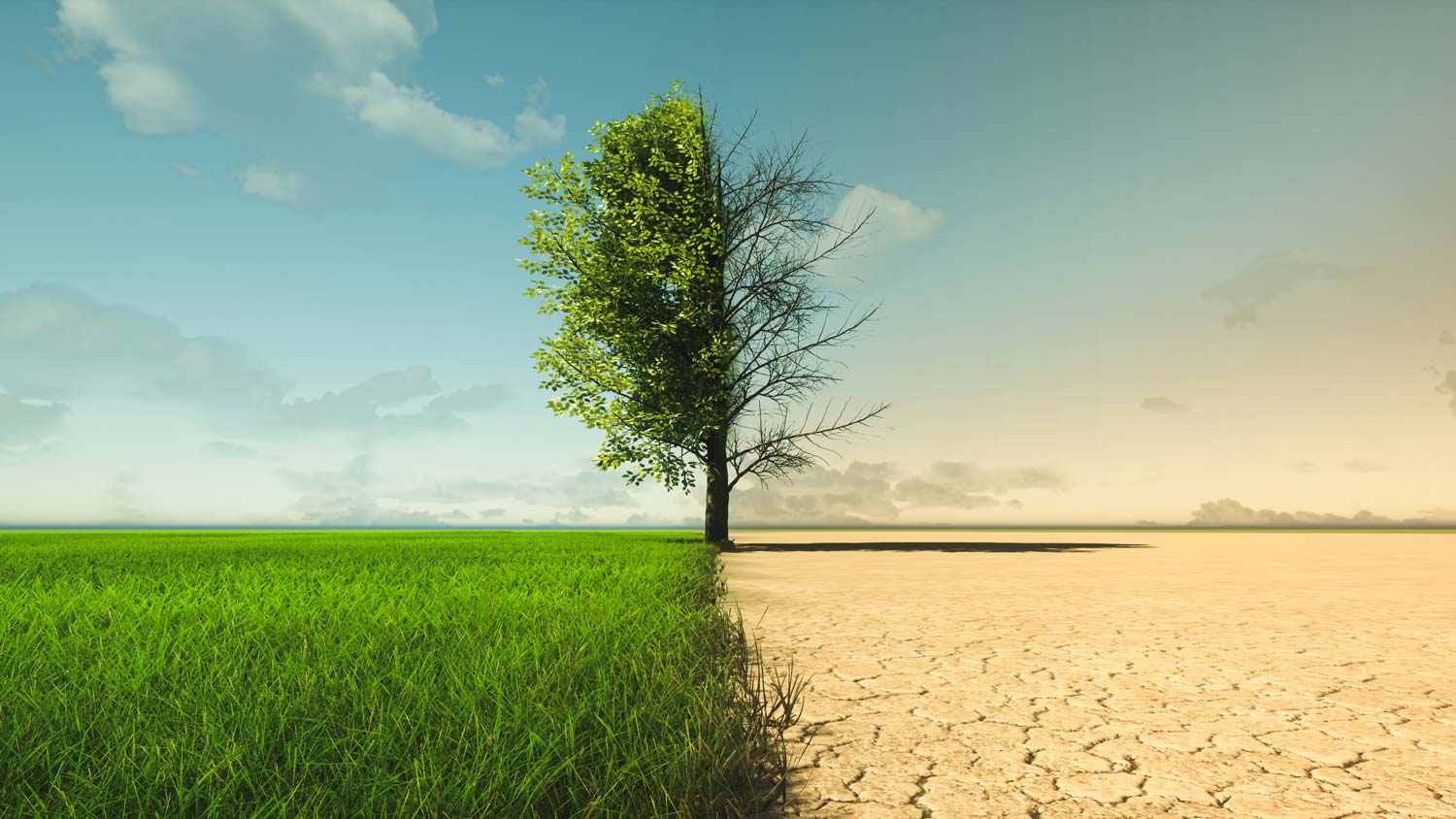Anxiety can take many forms and come from many different parts of our lives. Many people experience anxiety surrounding things that they have little to no control over. One of the more common things that has been a cause of anxiety is actually climate change. With fears and concerns about our world on the rise, anxiety over solutions and what-ifs come to the surface.
In a world where climate change is an ever-pressing issue, it’s no wonder that many individuals find themselves grappling with climate change anxiety. The rapid pace of environmental change, reports of extreme weather events, and the grim predictions for the future can indeed be overwhelming. But, at Valley Oaks, we believe that it’s crucial to address this anxiety and work towards a more sustainable and hopeful future not just for our world, but for our mental health as well.
Understanding Climate Change Anxiety
Climate change anxiety, sometimes referred to as “eco-anxiety,” is a legitimate concern that many individuals experience. It can manifest in various ways, such as general unease, fear, or even full-blown panic attacks. This anxiety stems from the feeling of helplessness in the face of an enormous global issue that seems beyond one’s control.
The relentless stream of news about melting ice caps, increasing temperatures, and species extinction can make anyone feel as if they are powerless to make a difference. The uncertainty of what the future holds, compounded by the sense of responsibility for future generations, can weigh heavily on one’s mental health.
However, it’s essential to remember that you are not alone in experiencing climate change anxiety. It’s a shared concern, and the first step towards managing it is acknowledging its existence.
Steps to Lessen Climate Change Anxiety
Educate Yourself: Knowledge is empowering. Start by educating yourself about climate change, its causes, and potential solutions. Understanding the science and policies behind climate change can help demystify the issue and reduce feelings of powerlessness.
Take Small Actions: While you may not be able to solve the entire problem on your own, every small action counts. Reduce, reuse, and recycle. Save energy at home and reduce your carbon footprint. Advocate for environmental initiatives in your community.
Connect with Like-Minded Individuals: Join local environmental groups or engage in online communities where you can share your concerns, ideas, and solutions. Being part of a supportive network can alleviate feelings of isolation and provide a sense of purpose.
Practice Mindfulness: Anxiety often stems from dwelling on the uncertain future. Mindfulness techniques, such as meditation and deep breathing, can help you stay grounded in the present moment and manage anxiety more effectively.
Limit Exposure to Distressing News: Constantly reading distressing news about climate change can exacerbate anxiety. While it’s important to stay informed, make a conscious effort to balance your media consumption with positive stories and solutions.
Seek Professional Help: If climate change anxiety is severely impacting your daily life, don’t hesitate to reach out to a mental health professional. They can provide guidance and support tailored to your specific needs.
Fostering Hope and Taking Action
At Valley Oaks Health, we firmly believe that there is hope even in the face of climate change. By acknowledging our anxiety and taking steps to address it, we can foster a sense of urgency in the community and work towards a more sustainable future, together. It’s crucial to remember that individual actions, when combined, can create a substantial impact.
By joining the global community in the fight against climate change, we can reduce our anxiety and help shape a more environmentally friendly world for future generations. Remember, you are not alone in this journey; together, we can make a difference.
At Valley Oaks Health, we are committed to promoting mental wellbeing and providing guidance on important issues like climate change anxiety. Together, we can foster hope and enrich the quality of life, both for ourselves and for our neighbors, by addressing this shared concern and working towards a sustainable future.






